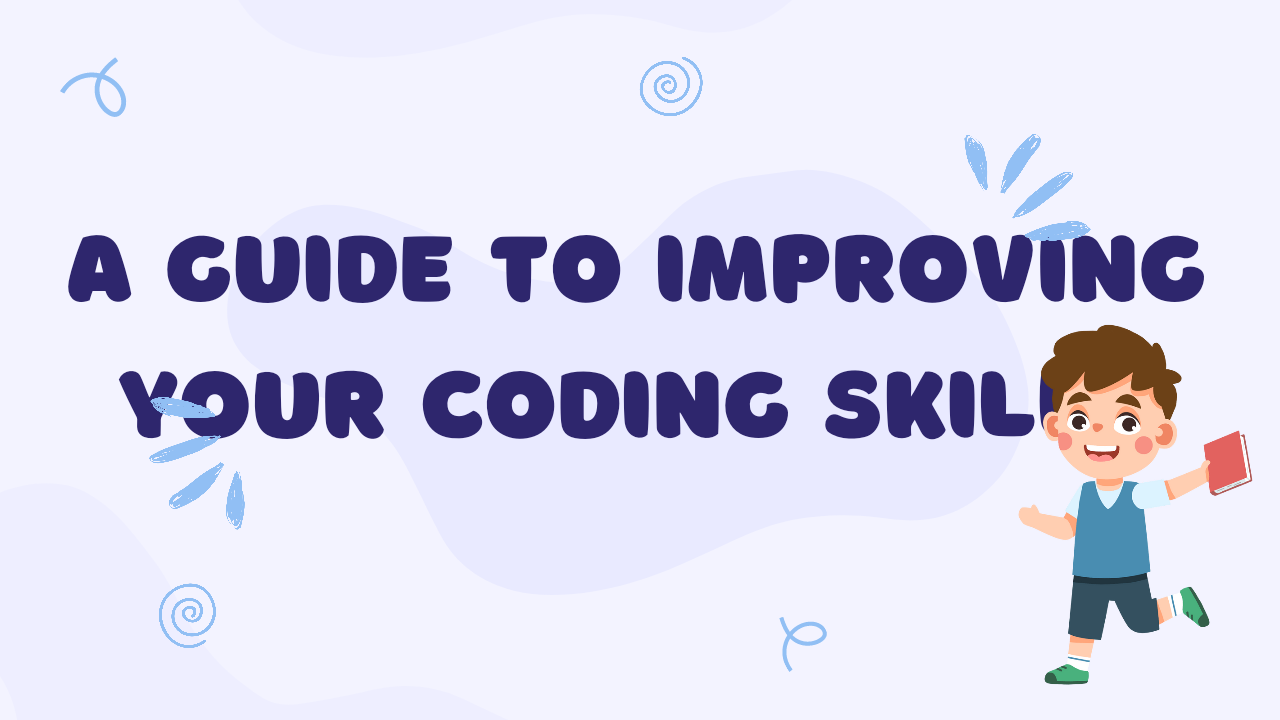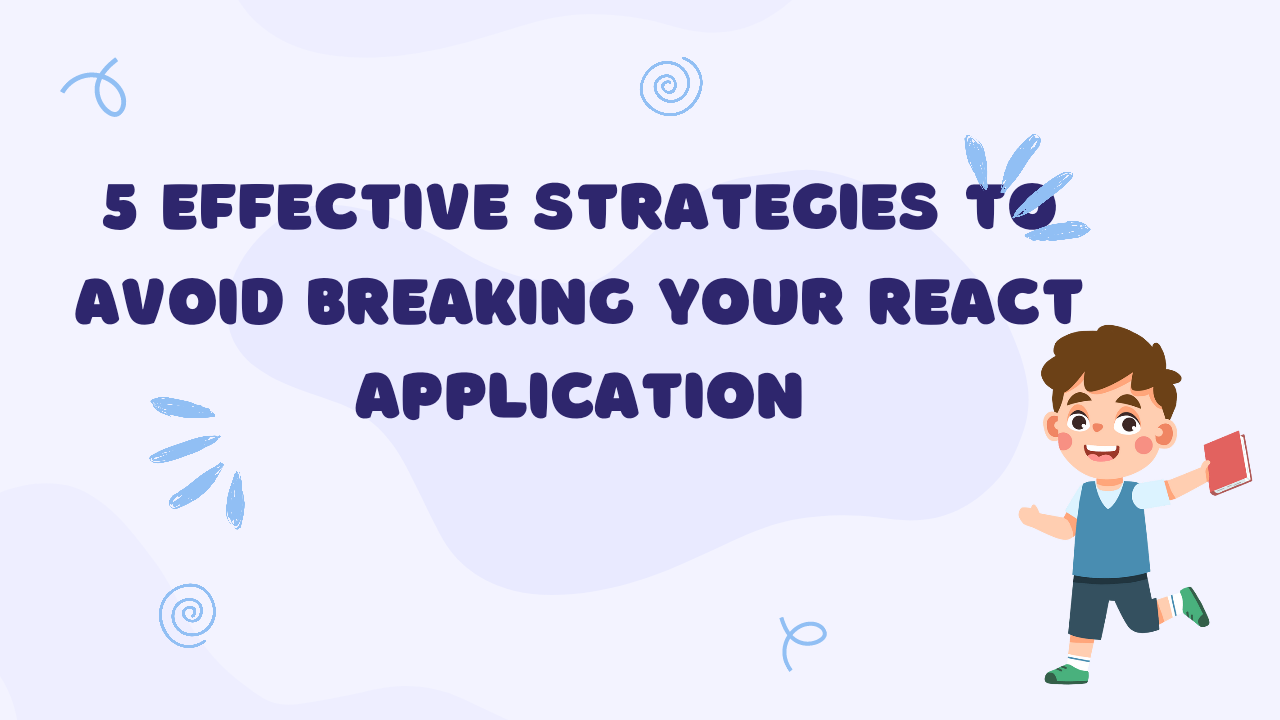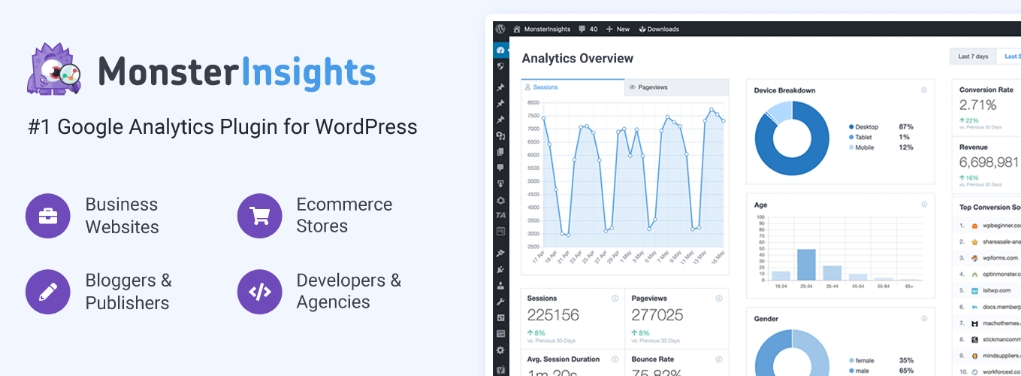In the fast-paced world of software development dominated by new languages, frameworks and methodologies - it can be intimidating for programmers to constantly upskill themselves. However, failing to improve coding skills risks getting left behind or being less competitive in the job market.
The good news is, by following some fundamental best practices and principles - it is possible to nurture the hidden programmer talent within anyone and help them evolve into more creative coders.
In this comprehensive guide, we will explore various tips, resources and strategies for unleashing the inner programmer. Follow along to supercharge your software development journey!
READ ALSO:
Cultivating a Growth Mindset
More often than not, the biggest barrier we face comes from within our mindset preventing us from reaching our highest programmer potential. Common self-limiting beliefs include:
● Feeling coding skills are somehow innate rather than learnable skills
● Lacking confidence to write complex applications
● Hitting plateaus after learning basic syntax struggling to progress
The first step is developing a growth mindset by embracing some key ideas:
✔️ Abilities can be developed through dedication and deliberate practice
✔️ Setbacks represent feedback needed to advance skills
✔️ Peer inspiration can motivate you rather than envy
By focusing efforts on controllable areas, anyone can nurture their inner programmer to create better software. Now let’s see some ways to manifest that growth.
Write Code Every Day
Practice makes perfect when it comes to programming. The more you write code regularly, the faster you ingrain abilities like logical thinking, pattern recognition and problem decomposition.
Aim to code at least an hour daily even if doing small coding challenges. Over time, increase complexity to build competency in areas like:
● Core language fundamentals - syntax, variables, data structures, OOP etc.
● Key algorithms involving search, sort, recursion, backtracking etc.
● Common data structure implementations - arrays, stacks, queues, linked lists etc.
● Design patterns across domains like Frontend, Backend, Architecture etc.
● Third-party libraries providing additional capabilities
Daily coding marathons transform into a virtuous cycle over months cementing programmer skills.
Work on Personal Projects
No amount of artificial coding challenges match the learning derived from building your own side projects. Think of ideas that excite you rather than just to-do apps and bring them to life!
Personal projects enable gaining well-rounded experience on:
● Technical Design - Architecting applications balancing complexity vs scale
● Business Logic - Mapping real-world domains into code
● Tooling - Incorporating workflows like code formatting, testing etc.
● Deployment & Maintenance - Hosting, monitoring, troubleshooting issues
Promising project ideas include:
● Automating repetitive tasks with scripts
● Building mobile/web apps solving REAL problems
● Browser plugins customizing workflows
● Simple games for fun (tetris, ping pong etc.)
● IoT integrations with devices like Arduino
By working on projects end-to-end, you learn infinitely more than just solving coding problems in isolation.
Enhance Conceptual Models
Having a solid conceptual model around how languages and frameworks operate under the hood is vital for advancing as a programmer. Absorb key tenets through diverse learning channels:
📚 Read Programming Books & Blogs
Expand your knowledge by reading classics like Clean Code, Domain Driven Design etc. along with language reference manuals. Stay updated with latest trends through dev blogs.
🎧 Listen to Developer Podcasts
Tune into popular podcasts like Syntax while driving or doing chores to internalize core principles.
🎥 Watch Conference Talks & Tutorials
Digest online video content to witness coding concepts applied by industry experts in real-time.
Solidifying your understanding across backend, frontend and architectural domains aids quicker comprehension of unfamiliar topics when skilling up.
Refine Solutions Iteratively
Rome wasn't built in a day - so don't expect your solutions to be perfect in the first cut! Good programmers refine implementations in multiple passes:
V1: Get it working end-to-end with decent structure
V2: Improve architecture, extract reusable parts
V3: Enhance performance through better algorithms
V4: Add automation tests, edge case management etc.
Think of areas like compatibility, security, scalability with each new version along with refactoring code quality.
Practicing iterative improvement also boosts mental fluidity to find multiple ways to skin a cat!
READ ALSO:
Learn New Languages & Frameworks
While specializing in a couple of tools maximizes productivity, evaluating different alternatives expands your coding vocabulary greatly.
Experiment with paradigms like functional (Elixir), logical (Prolog) or symbolic (Lisp) languages. Contrast object-oriented and prototype inheritance models between languages.
Equally, get hands-on with tools across domains:
● JavaScript frameworks like React, Angular and Vue
● Backend platforms - Node.js, .NET, Laravel
● Architecting using Docker, Kubernetes, AWS
● Mobile development with Flutter, React Native etc.
The synergies gathered by learning across languages and runtimes increases sophistication as a programmer in spades.
Review Other’s Code Actively
There is no faster way to upgrade your coding skills than reviewing how others write programs. Go through open source repositories to appreciate how seasoned developers approach tricky problems.
Actively reading code bases helps cement paradigms like:
● Separation of concerns into logic, data layers etc.
● Interface abstractions using OOP and Design Patterns
● Architecting for performance, security and reliability
Emulating best practices reflected in well-written code allows deriving inspiration for enhancing your personal style.
Conclusion
And those were our tips, strategies and resources for becoming a better coder by tapping into your inner programmer! Let’s recap the key ideas:
✅ Developing a growth mindset focusing on deliberate improvements
✅ Consistent practice through daily coding habits
✅ Working on personal programming projects end-to-end
✅ Strengthening conceptual models through diverse learning
✅ Solutions evolve incrementally through iterations
✅ Learning across languages and frameworks
✅ Reviewing other’s code as inspiration
With the fundamentals covered here, unleash your latent programming potential and watch your skills take off exponentially!
The exciting software development landscape needs diversity of talent more than ever. We hope these practical tips motivate you to become imaginative programmers creating solutions making people’s lives easier via code!
What helps your inner programmer thrive? Please share your favorite coding habits that we may have missed! Keep reaching new heights.





